Here’s Why I’m Voting This November
For a lot of people I know, this is the first year we’ll be able to vote. After years of watching political strife unfold in newspapers, on television, and even at the dinner table, we can finally fill out our ballots and add our voices to the conversation.
Millikin recently hosted a debate between Congressman Rodney Davis and Democratic challenger Betsy Dirksen Londrigan. These candidates are competing to represent Illinois’s 13th Congressional District. Many politicians think that this district, which has voted Republican in the past, could be swayed to vote Democrat. This could impact which party has control of the U.S. House of Representatives. Davis has received support from Vice President Mike Pence. Londrigan was publicly endorsed by former President Barack Obama. This race is close and intense, and people across the country are watching.
At the debate, the room was overflowing with spectators. The audience consisted mainly of older community members. I sat alone, listening as the candidates responded to questions and defended their answers. There were also a few Millikin students in attendance.
In the last few elections, activists have targeted young people with frantic fervor. As we near Election Day, their command to vote has grown passionate, almost demanding. They get angry if we hesitate. They tell us to get to the polls. They say our voice matters. We can make a difference. I’ve heard it a lot, and I like to think that it’s true.
But even though we’re constantly reminded to vote, a few of my friends tell me that they plan to sleep in on Nov. 6. They tell me that we might have a voice, but it doesn’t matter if the politicians don’t listen.
I understand why they feel this way. We’ve all watched as laws are changed, new policies are implemented, and our protests go unheard. Politicians are arguing in a room that’s 800 miles away. Their voices drown ours. No matter what person or party you support, we’ve all felt helpless or unheard by our politicians.
But as I sat in that debate and watched politics unfold in front of me, I was enthralled. The moderator asked questions submitted by community members, and the candidates were forced to respond. They had to answer to the people they were hoping to represent.
As I listened, I realized that the candidates were talking about issues that affected me. They were talking about people that could have been my friends, my family, or myself. They were arguing about opinions and policies that impact my life.
It’s one thing to listen to the drone of politicians on a television. It’s completely different to be surrounded by their voices as they debate at the front of the room. And it’s utterly strange to sift through their words and feel how strongly their decisions could touch you. We all have a family member with a preexisting medical condition. We have friends who are LGBT+. We know veterans. We pay taxes. We walk across our college campus and think about what we would do if somebody started shooting. We live in an area where opioid overdoses are common. We are students who are struggling under the weight of student loans. The candidates addressed all of these issues.
I was sitting beside an elderly woman and her young granddaughter. Whoever wins this election will be representing them. Whoever wins will be representing my friends, my family, and me. There will be decisions made that affect the people I care about. Rationally, I already knew this, but I fully understood it during the debate. I realized that I was listening to a conversation about me in which I had little say, and it was unnerving.
I attended the debate because I wanted to know what was happening in my country. I wanted to know what was happening to my fellow citizens. I wanted to know what might happen to me. I’m not sure if my voice really matters, but even if there’s the slightest chance that it does, why would I choose to stay silent?
That’s why I’m voting on Nov. 6. I’m voting because the politicians talked about people I know and care about. Sometimes, the politicians talked about me. If anyone is going to have a say in my life, I want to get in a few words, too. On Election Day, my voice will be my ballot.

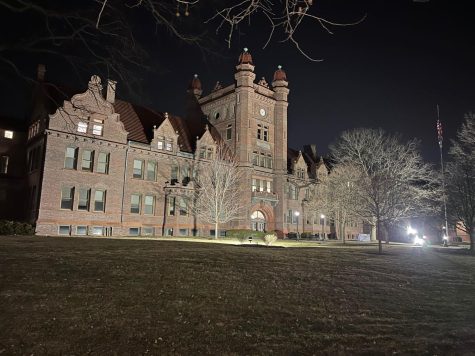
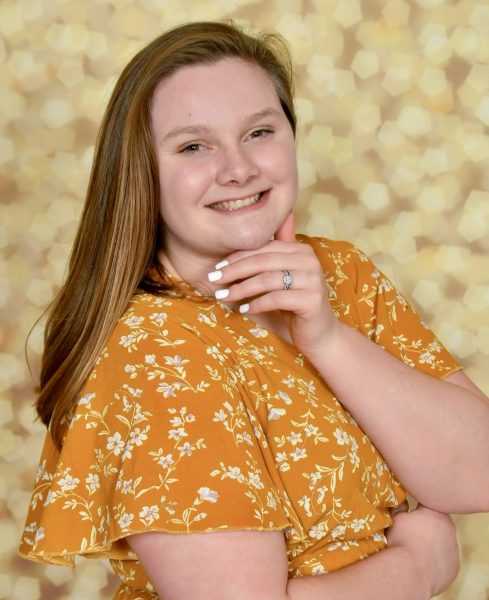
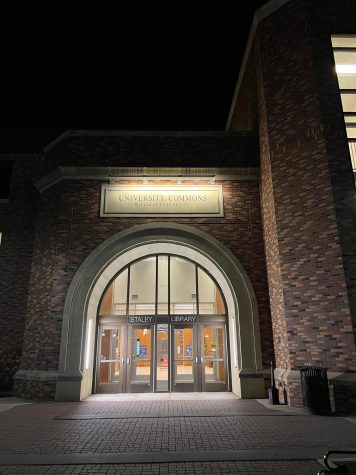
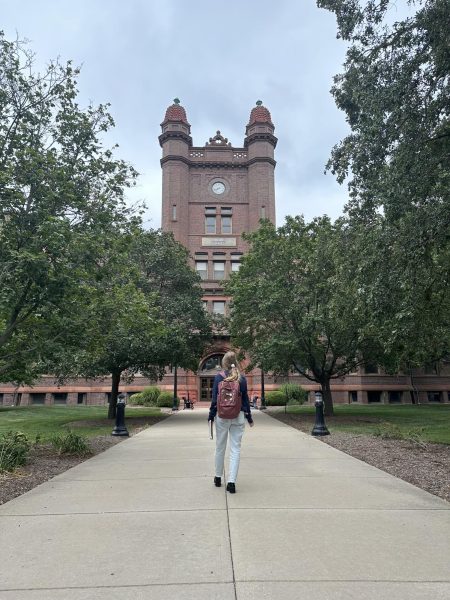
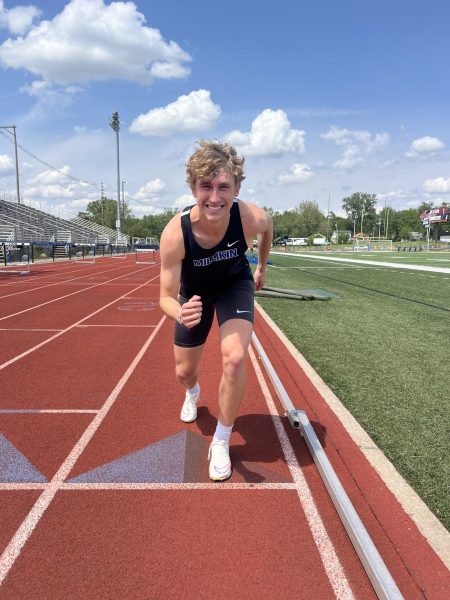
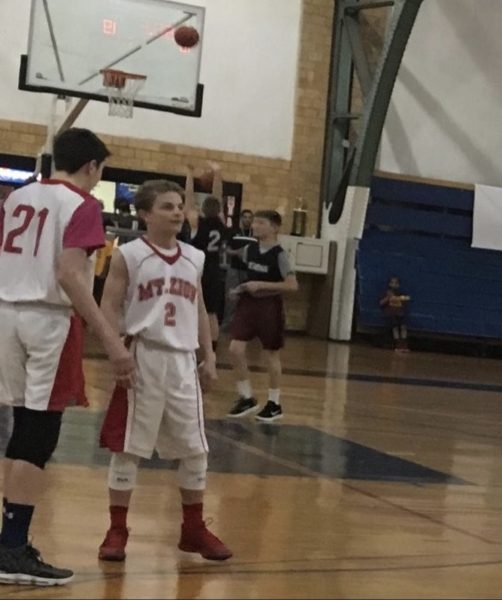
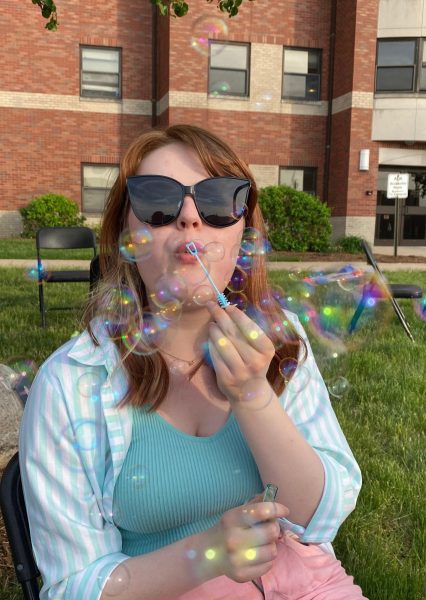

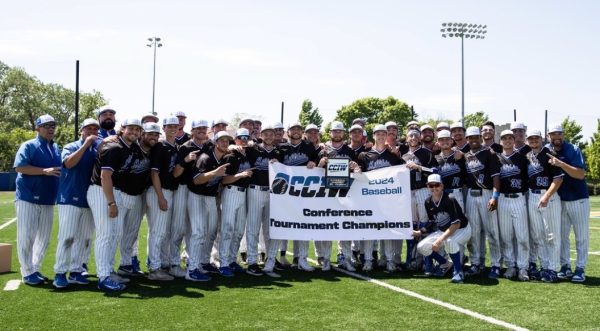

Elaine Gamble • Oct 26, 2018 at 12:10 pm
Thank you Sydney. You are wise.